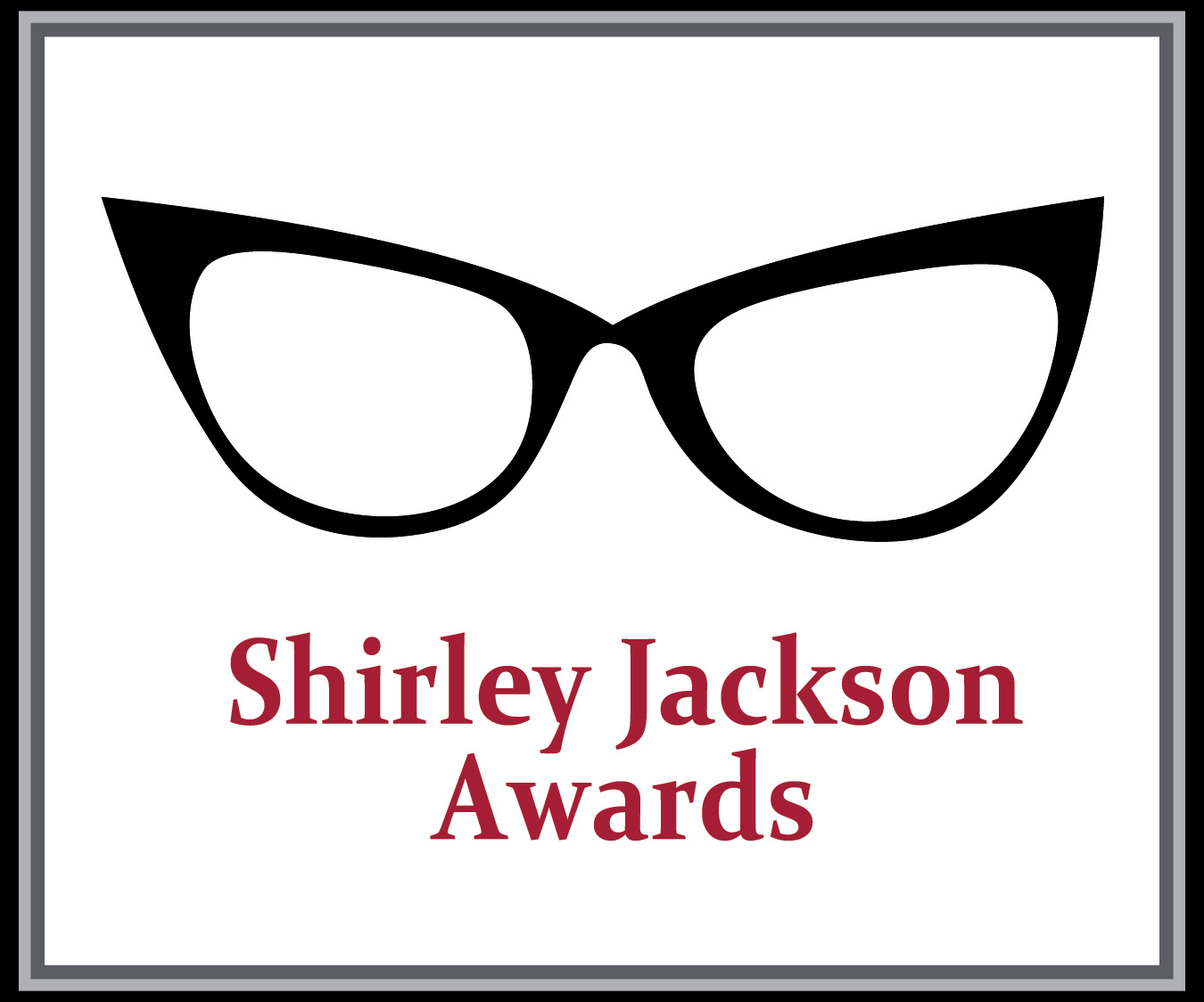Ramsey Campbell’s novella The Last Revelation of Gla’aki is a 2013 Shirley Jackson Awards nominee.
Charles Tan: We’ve had several fiction tomes in literature such as The Necronomicon, and the case of your story, The Revalations of Gla’aki. What’s the appeal of such concepts or tropes?
Ramsey Campbell: I think the primary function of such books is to preserve their mystery – to suggest something larger than is shown. I confess that when I invented the Revelations all those years ago – I was sixteen – I didn’t do too well in that regard. At least I had the character who quoted it in my early story pretty well apologise for the unimpressiveness of the quote. I felt I got so many things wrong in the original tale (“The Inhabitant of the Lake”) that I wanted to give it another try, and attempt to conjure up a little more awe. I hope I succeeded better on the second bid.
Charles Tan: What were the challenges in writing The Last Revelation of Gla’aki?
Ramsey Campbell: Some of my favourite tales in the field – Blackwood’s “The Willows”, Machen’s “The White People”, Lovecraft’s “The Colour out of Space” – seem to reach for awe, almost for the numinous. I’ve often tried to achieve it myself and at best managed to produce a few honourable failures. Well, this was my latest shot. I must admit I was afraid that folk who liked my old stuff would feel this was too radical a development, while readers who like my newer mode would think this was a reversion. Happily, none of this seems to have happened, though I was genuinely amazed to find the tale on the list for this award.
Charles Tan: At what point during the process did you know it was going to be a novella?
Ramsey Campbell: It was always meant to be one. My old friend Pete Crowther at PS Publishing asked me to write a Northern English supernatural novella using the kind of coastal town we both live in or near, and here it is. It grew quite a bit, though – maybe half as long again as I anticipated, throwing my schedule out rather. Still, i believe a story can only be as long as that story ought to be.
